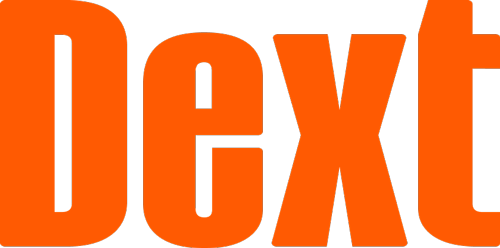The way the government requires sole traders and landlords (those with annual sales or rent of over £10,000) record income and expenses and submit details to HMRC is about to change from 6 April 2024. We know this can feel daunting, so we have put together this helpful guide to explain everything you need to know about MTD for Income Tax.
What is Making Tax Digital for Income Tax?
MTD is a UK government-led initiative, designed to bring tax into the digital age, make tax administration simpler for taxpayers and provide them with more information in a timely fashion. HMRC started with Making Tax Digital for VAT in 2019 and they are now moving on to Income Tax.
MTD for Income Tax Self Assessment (known as MTD ITSA or MTD for ITSA) marks the end of the annual self assessment tax return as we currently know it, and in its simplest form, is a new way of reporting your earnings to HMRC on a more regular basis.
Practically though, it means a lot more work for sole traders—as you’ll now need to submit details of your income and expenses to HMRC four times a year, instead of one, plus an end of period statement and a final declaration (similar to the old self-assessment tax return).
Does Making Tax Digital apply to self-employed people?
Yes. Making Tax Digital for Income Tax applies to sole traders, which means that anyone who’s self-employed but doesn’t operate through a limited company will have to sign up and use the new system.
Partnerships will follow a year later.
Do I have to use Making Tax Digital for Income Tax?
If you’re a sole trader*, partnership, or make income from property, and your income is over £10,000 per year before tax, then yes, you’ll have to sign up for MTD for Income Tax when it’s rolled out in 2024. (2025 for partnerships). *i.e. a self-employed person, a freelancer, a tradesperson, anyone who sells a service or makes a product, who runs a business but doesn’t have a limited company.
What is the deadline for Making Tax Digital?
Making Tax Digital for Income Tax Self-Assessment will come into effect for all sole traders (and landlords) earning over £10,000 per year on 6th April 2024.
Has Making Tax Digital been delayed?
Yes: Making Tax Digital for Income Tax was originally set to come into effect in April 2023. But in September 2021, the government announced that, in light of the pandemic, the rollout for sole traders would be delayed by 12 months to April 2024. That means self-employed people now have a little extra time to get prepped.
How will digital tax work?
Making Tax Digital is supposed to simplify tax for self-employed people—but at first glance, it does look like there will be more admin involved than just one annual Self-Assessment tax return, which is your only obligation under the current system.
Keep your eyes peeled for our next update, where we will outline what Making Tax Digital for Income Tax Self Assessment will entail for taxpayers.
Corporation Tax: Reminder about current rules for carrying back trading losses
There is a temporary extension to the carry back of trading losses from one year to three years, with the carry back being against later years first.
Corporate Tax: Associated company rules
The associated company rules in themselves are not new, but a reminder is helpful as, from 1 April 2023, the associated company rules will apply.
Making Tax Digital for ITSA pushed back until April 2026
Self-employed individuals and landlords will have more time to prepare for Making Tax Digital (MTD) for Income Tax Self Assessment (ITSA), following a government announcement made on 19/12/22
MTD ITSA and the questions you were too afraid to ask!
What is Making Tax Digital for Income Tax Self-Assessment (MTD ITSA) and how will it affect me? Answering the questions you were too afraid to ask!
MTD for Income Tax FAQs
MTD is the Government’s flagship policy to modernise the tax system. Here are the frequently asked questions about MTD we get day to day.
MTD for income tax self-assessment and what it entails
In our last blog, we outlined what MTD is and who it applies to. Now we explore MTD for income tax self-assessment.





